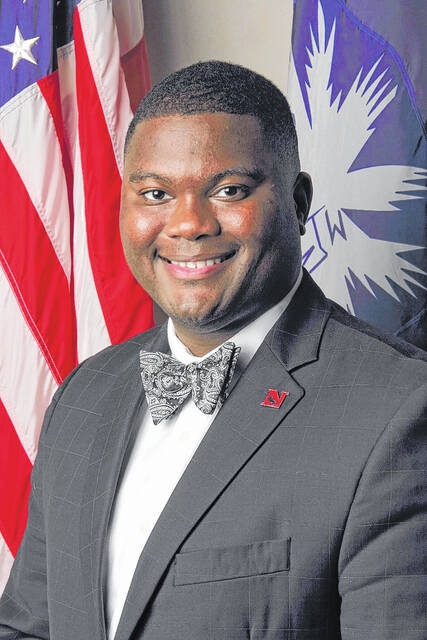Kwanzaa is a week-long celebration from December 26-January 1. Celebrated in many African American homes, Kwanzaa honors African heritage in African American culture. Celebrations often include singing, and dancing, storytelling, poetry reading, African drumming and of course traditional meals that have been passed down through generations in the African American culture. Many African Americans who celebrate Kwanzaa do so in addition to celebrating Christmas such as my family.
Dr. Maulana Karenga created Kwanzaa as an African American holiday in response to the civil unrest in the African American community that were taking place around the United States during the 1960’s, particularly in Watts, California. During the week-long celebration, there are seven guiding principles to be discussed during the observance of Kwanzaa.
• Day One: Umoja (Unity), to strive for and to maintain unity in the family, community, nation and race.
• Day Two: Kujichagulia (Self-Determination), to define and name ourselves, as well as to create and speak for ourselves.
• Day Three: Ujima (Collective Work and Responsibility), to build and maintain our community together and make our brothers’ and sisters’ problems our problems and to solve them together.
• Day Four: Ujamaa (Cooperative economics), to build and maintain our own stores, shops and other businesses and to profit from them together.
• Day Five: Nia (Purpose), to make our collective vocation the building and developing of our community in order to restore our people to their traditional greatness.
• Day Six: Kuumba (Creativity), to do always as much as we can, in the way we can, in order to leave our community more beautiful and beneficial than we inherited it.
• Day Seven: Imani (Faith), to believe with all our hearts in our people, our parents, our teachers, our leaders, and the righteousness and victory of our struggle.
It is tradition when greeting family members, you must start out by saying: “Habari Gani” it is spoken when greeting others during Kwanzaa. The appropriate response is to say the name of the principle for that day. The seven principles of Kwanzaa, or (Nugzo Saba) were developed in 1965, a year before Kwanzaa itself. The seven principles are defined in the Swahili language.
Each day, one candle is lit in recognition of these principles. The candles one black, three red, and three green are held by the kinara which is placed on a mkeka (straw mat). To honor the children in the family, one ear of corn (called the vibunzi or muhindi) is placed under the kinara for each child. Other symbols include a fruit basket (mazao) and a unity cup (kikombe) which are both placed on the mkeka as well.
The celebrations and traditions have looked a little different for the past two years during the COVID-19 pandemic. However, we are blessed to have our family still amongst the living. During the Christmas and Kwanzaa holiday season, our family will celebrate many of our traditional festivities online via Zoom or some other virtual outlet.
Cooking and eating have played an important role during the Kwanzaa celebrations. Many recipes are prepared that have been passed down from generations. Dishes such as my Grandma B’s famous sweet potato pie, also black-eyed peas, rice, collards, a smoked turkey and dressing (not stuffing)!
Another tradition that has been rooted in the African American culture is dancing.
There’s nothing more satisfying and needed after eating a delicious meal is working off that turkey while dancing to your favorite old school tunes and African drumming. Many African American households own an African drum that is more likely used as decoration in the house!
However, during the Kwanzaa celebrations it is often used for its original purpose. Many of the traditional dances are from our African heritage; however, we have indoctrinated some of our African American dances into the celebrations as well. Such as the “Soul Train Line” and the “Electric Slide.”
No matter how you celebrate Kwanzaa, festivities are enjoyed in your home from embracing the full week to just devoting one evening to the holiday. Remember, the focus is on being together as a family and connecting the present to history and the future. As you are spending time with your family during the holidays, I challenge you to spend an evening and discuss the principle of the day and how can your family achieve that principle on a daily basis collectively. The most important part is to create a holiday tradition that resonates, delights, and inspires your family.
Carlton Kinard is the councilperson for District 3 in the City of Newberry, he can be reached at (803) 271-3767 or ckinard@cityofnewberry.com.

